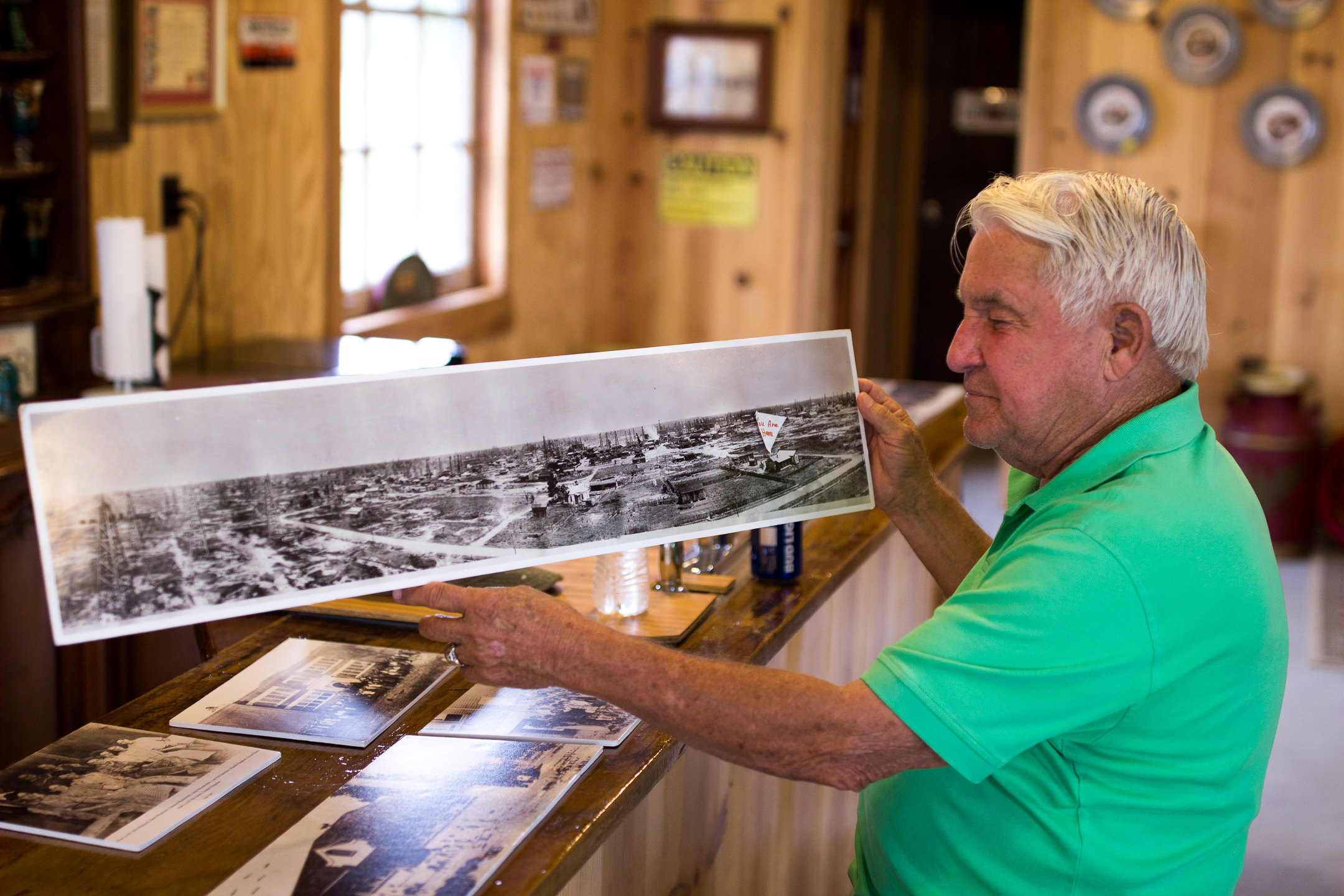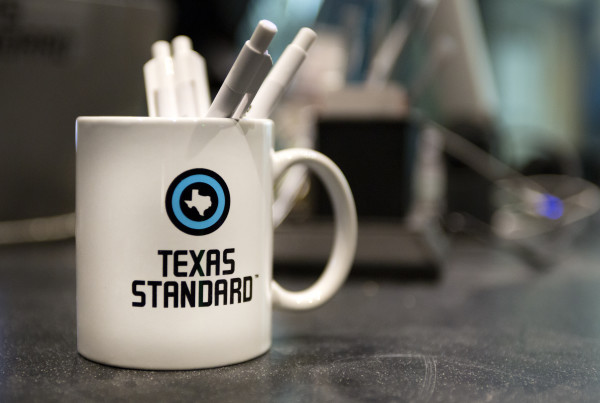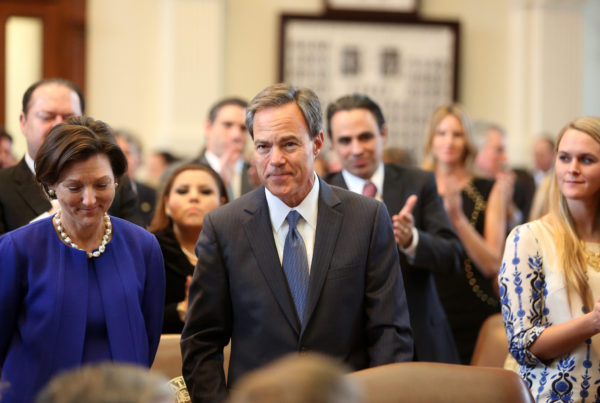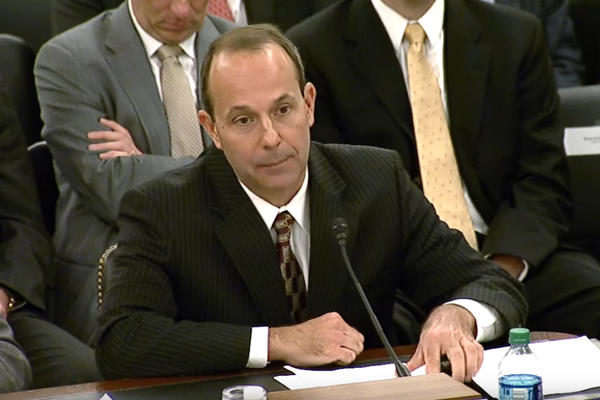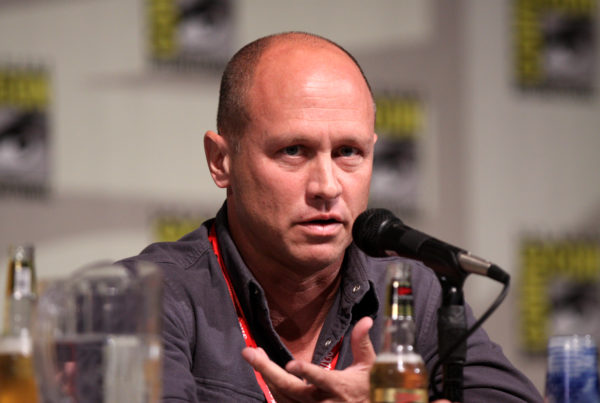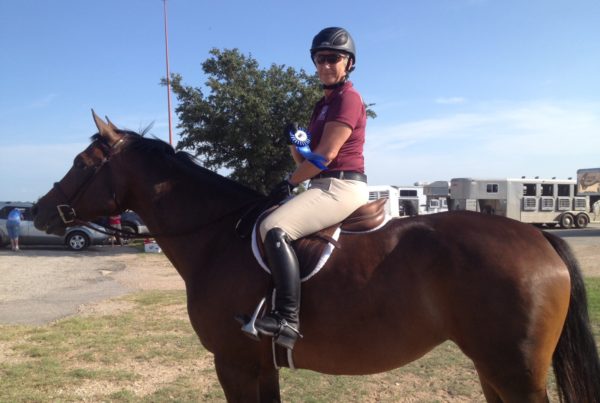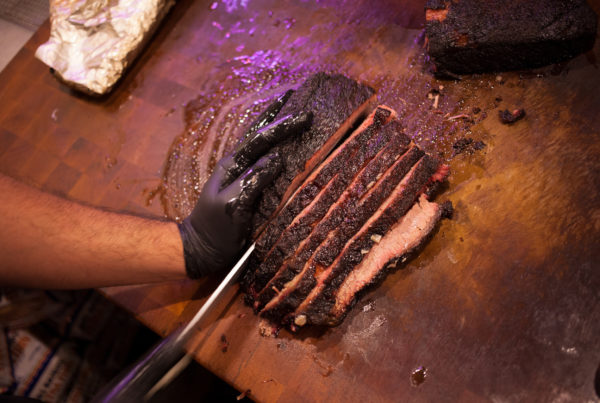A lonely historical marker sits on the side of FM 1960 outside of Humble, Texas. You would probably drive right past it. But, if you’re curious and stop to read the sign, you might also meet one of the last residents of Moonshine Hill, whose house is just behind that marker. Billy Sheffield is 86 years old and his family has been in the area for over 100 years.
Besides Sheffield’s house, Moonshine Hill has a couple of dirt roads, a few other houses, and a bar called Moonshine which is only open a few hours a week. But it didn’t used to be like this. At one point, Sheffield says, 10,000 people lived in the area. “There’s only a few now,” he says.
Sheffield is a bit of a collector. He has a handful of sheds full of relics of the town: old farming equipment, oil cans, you name it. He laughs as he remarks that not everyone has ten bathtubs. Inside one of his cleaner sheds, he displays his favorites items, including a panorama of Moonshine Hill at its peak. Pictured is the house he was born in, surrounded by a sea of oil derricks.
In the early 1900s, Moonshine Hill was a city of tents. It was, by all accounts, a horrible place to live. “There’s no streets. I mean it’s all dirt.” says Robert Meaux, a historian in the area, “There was no stock law.” Animals would roam the streets freely.
“There’s oil everywhere. I mean if something strikes the oil just flying out on the ground so if you have a tent out there you’re pretty much covered in oil most of the time. It’s not the cleanest place to live,” he says.
The conditions in Moonshine Hill would make you sick. Oil in the air would make you go blind. Sanitation in Moonshine Hill was abysmal. There was barely a clean surface to eat off of. On top of that, it was extremely dangerous. Derricks were made of wood back then, and the oil was stored in open air pits in the ground.
“There are actually some history of some very massive fires out there where you know hundreds of people were killed burned in the fires,” Meaux says.
Meaux says that even with all the hellish hazards of Moonshine Hill, people still chose to live there because of the potential that they would get rich. Moonshine Hill was nothing more than a hot, raw, almost poisonous land of promise. But few of the people literally on the ground, ever made it. “Usually you spent your money here and ended up working for somebody else and they got rich not you,” Meaux said.
One of those people was the 31st governor of Texas, Ross Sterling, who formed Humble Oil Company out of some wells in the area. After a series of mergers and a name change, Humble Oil eventually became ExxonMobil, now one of the biggest oil companies in the world. But if you weren’t Ross Sterling – if you were just some roughneck when the oil wells dried up – Meaux says, “you eventually just went on to another oil town to try to make a living doing it. If you lived.”
Billy Sheffield’s parents moved to Moonshine Hill in 1915. His father started a farm on the tail end of the oil boom. Some residents held on for a little while. The neighboring town of Humble was growing, and they’d make regular trips over there for school, church, and supplies. But as time went on, Sheffield says a new problem emerged – flooding. The Lake Houston reservoir was built nearby and that meant land in what was Moonshine Hill would flood.
“Just flooded so many times in the last 30 years that dwellings just never was replaced back there, now people have cattle pastures and they’re you know 20 50 acres that still utilize it for animals but nothing else down there,” Sheffield says.
Sheffield has been watching the landscape change over the decades and he says he’s staying put. He says it’s been an experience watching the town shrink over the years, but he has his rocking chair and a full icebox of beer, so, “it’s been a pleasant life living out here that long.”
While walking around his property, the same land his family owned at the beginning of last century, Billy gets a call on his flip phone. Some guys down the road needed an extra player for their domino game. He tells me to come back sometime. A sign on his door reads, “I’m always here, unless I’m gone.”




